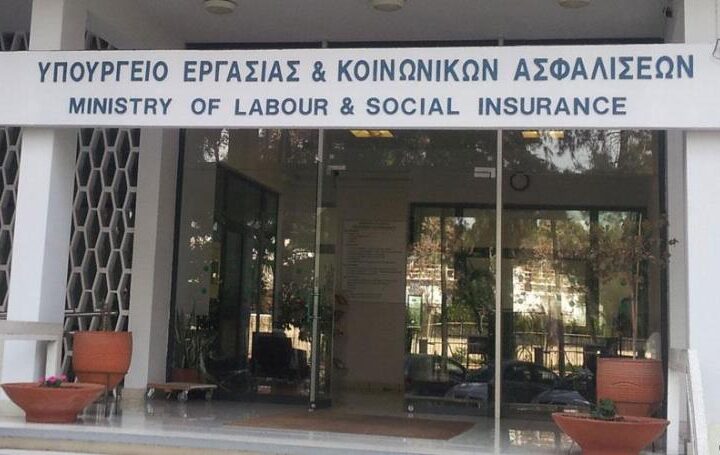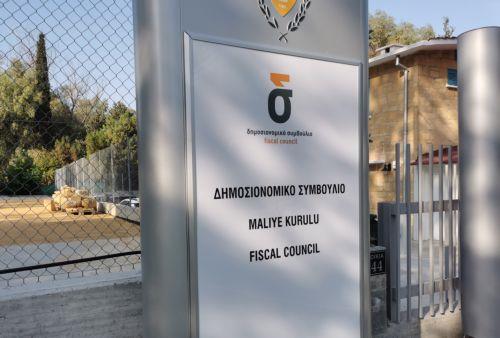The Cyprus Fiscal Council expects increased pressures on the macroeconomy in 2023, with forecasts slightly more unfavourable than those of the Finance Ministry.
It said the restraint on expenditure and management of the public debt “set it on a satisfactory base, for the time being, assuming there will be no policy change”.
The Council notes the inherent resilience the Cyprus economy demonstrates, with real GDP growth continuing to be positive.
Based on the Council’s scenario, 2.4% GDP growth is expected for 2023, compared to the 3% forecast by the Ministry of Finance.
The Council notes the economy has largely absorbed the challenges created by inflationary trends and disruptions in supply chains.
And that inflation has reduced household disposable income but boosted spending, particularly in retail.
For 2023, inflation is expected to be limited to 3.8%, higher than the Finance Ministry’s estimate of 3%.
“Implementation of the Recovery and Resilience Plan (RRP) will also be an important parameter for the success of the objectives of the Republic.”
In addition, it is estimated that the downward trend of public debt as a percentage of GDP will continue.
“The careful and prudent management observed has allowed the Republic to create a liquidity reserve, which should be preserved as the conditions in the international debt markets are expected to deteriorate in the coming period,” the report underlines.
The Council also recommends increasing development spending related to the Republic’s medium-term goals, such as the green transition and digital infrastructure.
“We consider it imperative to maintain social spending, but we note that stricter targeting will increase the social footprint of spending without an increase in fiscal costs.
“While the Cypriot economy records resilience and significant strength in growth and employment, 2023 is expected to be a year of high risk and particularly high pressures on the economy due to international developments.
“The European economy, especially the Eurozone economy, is under pressure from the continuation of the war in Ukraine and the interruption of access to important raw materials and intermediate goods, mainly natural gas.
“It is expected that growth will move to zero levels, with the risk of further deterioration remaining high.”
The Council estimates that ECB benchmark interest rates will reach 2.5% by 2023.
However, in the positive scenario, it expects a gradual decline towards the end of 2023 as recessionary pressure and unemployment increase, and inflation eases.
“The horizontal increase in interest rates has also intensified concerns about public debt and naturally translated into a widening of the spread between the bond yields of the various states.
“As a result, states will find it increasingly difficult to borrow at today’s prices.”










